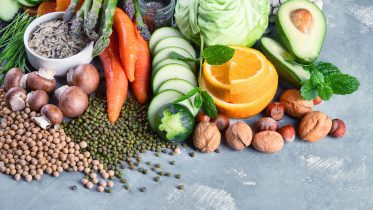A study reveals a lack of public awareness and concern about naturally occurring toxins in foods, with many feeling poorly informed and not properly addressing risks like mold in food, contrasting with higher concerns about synthetic residues and contaminants. Many individuals worry about the presence of chemical residues, contaminants, or microplastics in their food. Yet, it’s less commonly understood that numerous foods naturally contain toxins.
These are typically chemical compounds that plants produce to protect themselves from predators like insects and microorganisms. Such substances, found in foods like beans and potatoes, can potentially pose health risks. However, according to a recent representative survey by the German Federal Institute for Risk Assessment (BfR), only just under half of the respondents (47 percent) were even aware of plant toxic substances.

The BfR Consumer Monitor Special on naturally occurring plant toxins also revealed that this risk worries 27 percent. In contrast, residues in food (e.g.
from plant protection products) and contaminants, i.e. substances that are not intentionally added to food (e.
g. heavy metals), cause concern for 63 and 62 percent of respondents respectively. “The survey results make it clear that risks of natural origin tend to be underestimated, while risks of synthetic origin tend to be overestimated,” says BfR President Professor Andreas Hensel.
Raw plant-based foods are consumed frequently by 34 percent, occasionall.
















